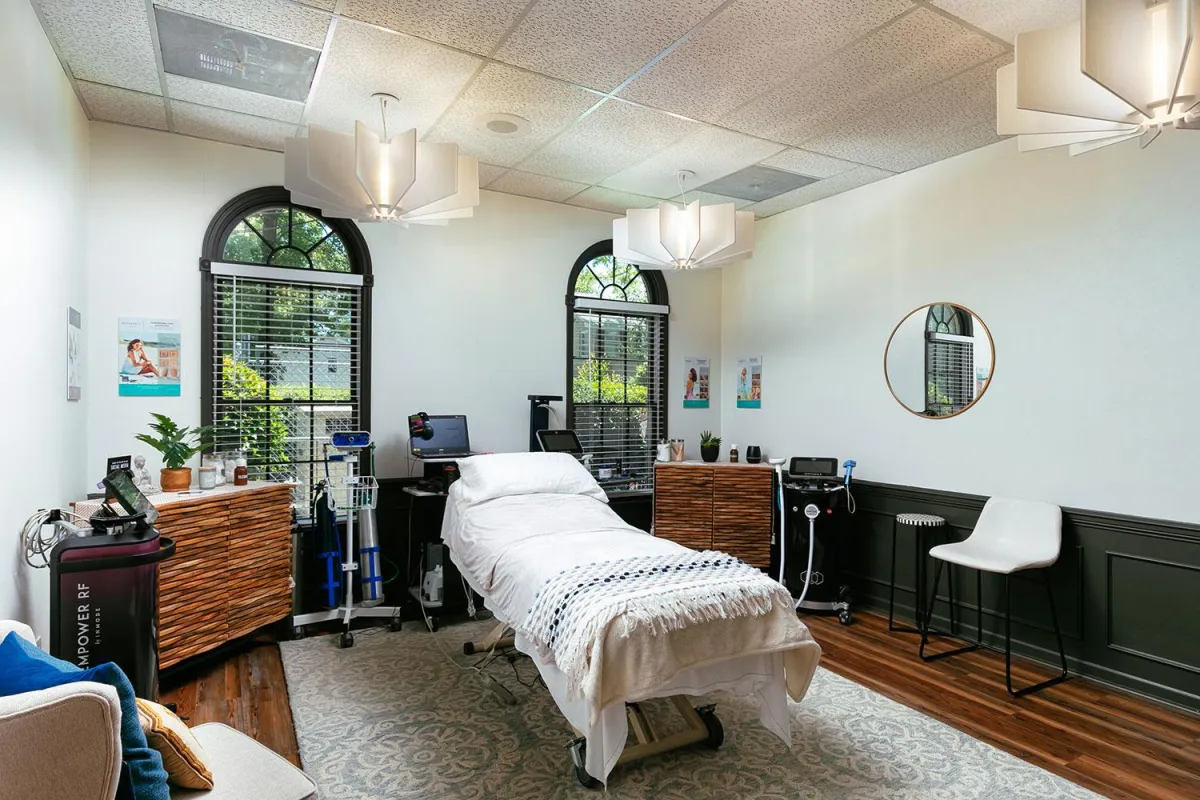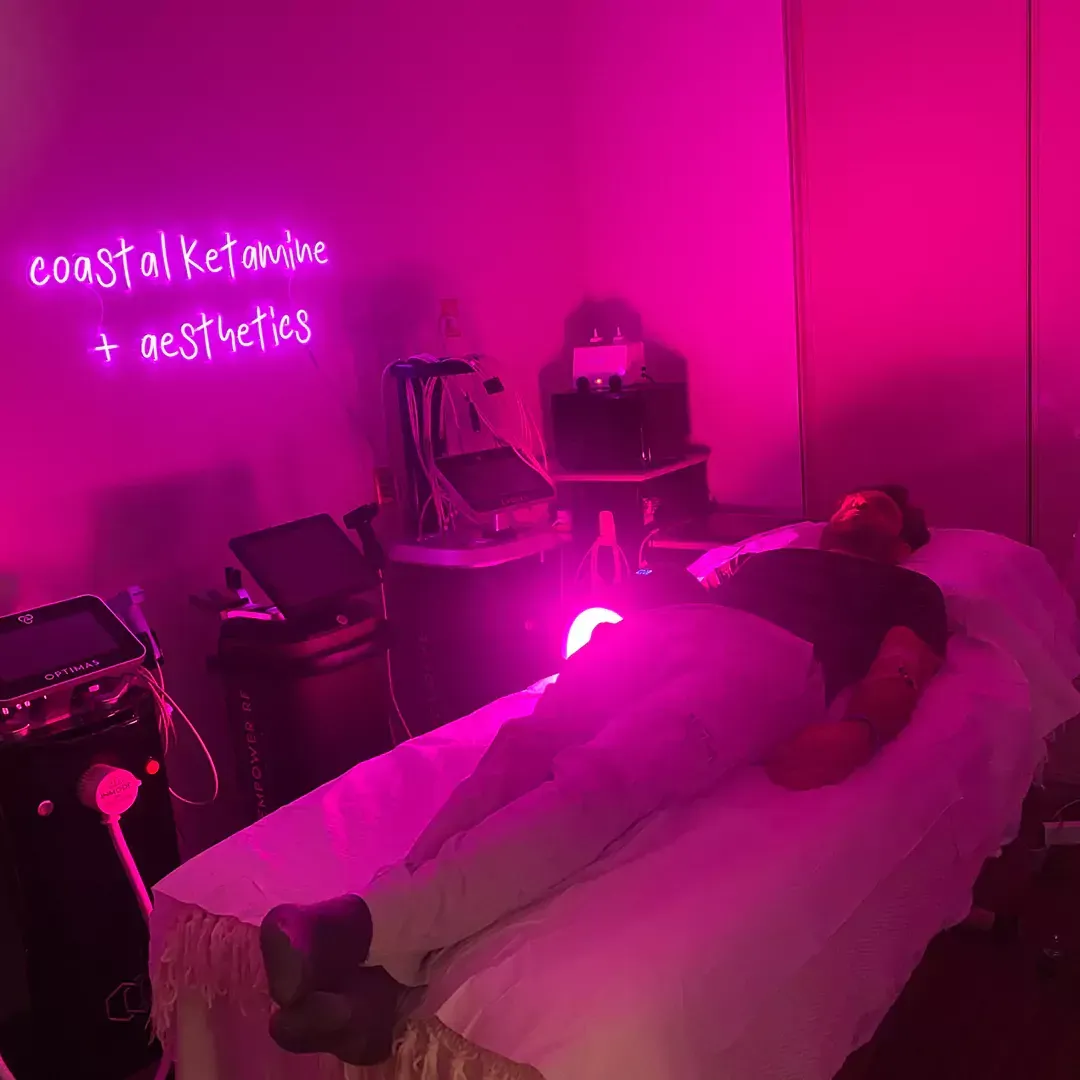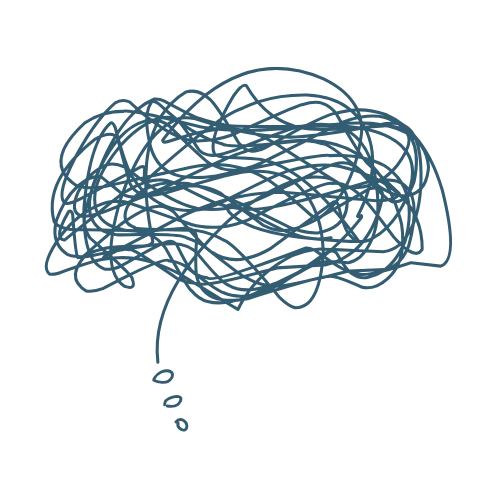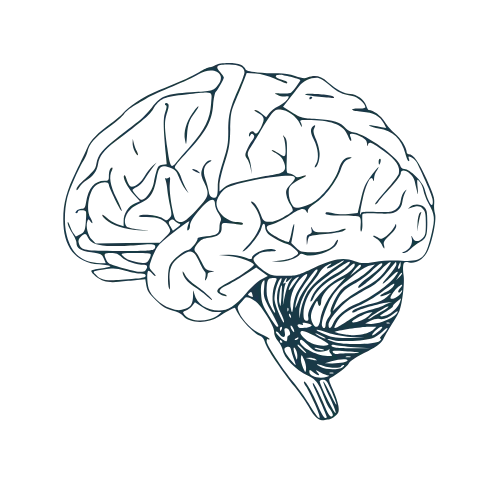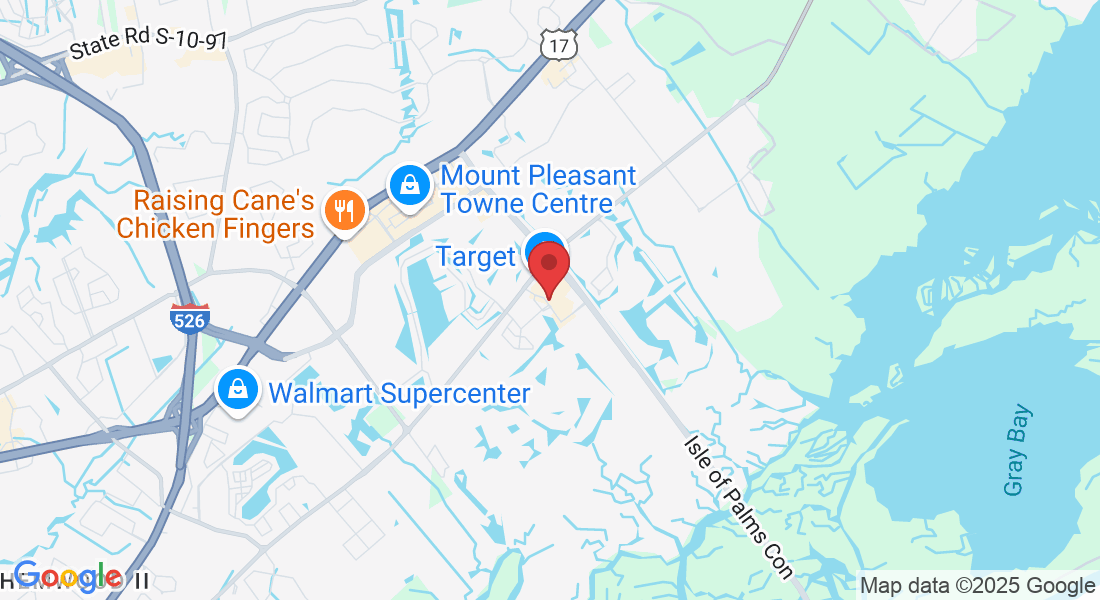Table of Contents
Ketamine Treatment for PTSD in Charleston, South Carolina
Living with post-traumatic stress disorder (PTSD) can feel overwhelming, especially in the Charleston metro area where an estimated 7-8% of adults experience its debilitating effects. Traditional treatments like therapy and antidepressants often fall short for many, leaving them in search of faster options. Ketamine treatment for PTSD in Charleston, South Carolina, emerges as a promising solution, offering rapid relief for trauma symptoms that conventional methods may take months to achieve. Recent studies, such as those highlighting new hope for PTSD sufferers, underscore ketamine's swift antidepressant actions, making it a vital off-label choice for treatment-resistant cases.
At the forefront of this innovation is the charleston ketamine center, located at 1948 Long Grove Drive #2, Mount Pleasant, SC 29464. Under the expert guidance of Dr. Dan Ripley, the clinic provides supervised IV infusions tailored for adults facing PTSD, depression, anxiety, and more. This ketamine therapy in Charleston, South Carolina, emphasizes precision dosing to promote neural plasticity and symptom reduction. Integrating mental health infusions with medical aesthetics, it offers comprehensive care. Local residents in Mount Pleasant and surrounding neighborhoods can schedule free consultations by calling (843) 324-6726 or emailing coastalketaminechs@gmail.com, ensuring accessible PTSD infusion therapy locally.
This guide explores the understanding of PTSD, benefits of ketamine for depression, mechanisms of action, and best practices, empowering you toward effective, localized healing.
Understanding Ketamine Therapy for PTSD
Post-traumatic stress disorder affects millions, but in coastal communities like Charleston, South Carolina, unique stressors amplify its reach. Ketamine therapy emerges as a promising option for rapid relief, particularly at specialized clinics addressing local mental health needs.
The Impact of PTSD in the Charleston Area
PTSD manifests through intense flashbacks, hypervigilance, avoidance behaviors, and emotional numbness, often triggered by events like military service, accidents, or natural disasters. In South Carolina, post-hurricane trauma from storms such as Hugo and more recent events heightens prevalence, with local estimates suggesting over 10% of adults in the Charleston area experience PTSD symptoms. These challenges strain traditional resources, leaving many with treatment-resistant cases seeking innovative solutions like ketamine for ptsd.
The condition disrupts daily life, from work productivity in Mount Pleasant offices to family dynamics in historic Charleston neighborhoods. Economic impacts include higher healthcare costs and lost wages, underscoring the need for accessible interventions. Ketamine treatment for PTSD in Charleston, South Carolina, fills this gap by offering neuromodulation for mental health, promoting synaptogenesis to rewire trauma-affected neural pathways much like rebuilding after a storm.
Types of Ketamine Treatments Available Locally
Ketamine, originally an anesthetic, has evolved into a psychiatric tool for mood disorders since the 2000s, showing rapid antidepressant effects through glutamate receptor modulation. At Charleston Ketamine Center in Mount Pleasant, treatments focus on IV infusions tailored for PTSD, administered under Dr. Dan Ripley's precision dosing to minimize side effects like temporary dissociation noted in Mayo Clinic guidelines.
These trauma relief infusions typically involve six sessions over three weeks, each lasting about 40 minutes in a supervised setting. Protocols integrate with talk therapy for lasting results, addressing comorbidities such as ketamine for depression, which often accompanies PTSD. Northwell Health reports response rates up to 70% in resistant mood disorders, validating ketamine's role in quick symptom reduction.
Traditional therapies often fall short for severe, resistant PTSD, taking weeks or months to show benefits while patients endure ongoing distress. The table below compares key options available in the region.
| Treatment Type | Onset Time | Efficacy for Resistant Cases | Local Availability |
|---|---|---|---|
| SSRIs (e.g., Sertraline) | 4-6 weeks | Moderate (50-60% response) | Widely available via GPs |
| CBT | 8-12 weeks | High but variable | Therapists in Charleston |
| EMDR | 6-12 sessions | Good for trauma-specific | Specialists in Mount Pleasant |
| Ketamine Infusions | Hours to days | High (70%+ response) | Charleston Ketamine Center |
Ketamine infusions stand out for their swift action, providing hope where conventional methods lag, especially for Charleston residents facing urgent needs.
Ketamine therapy in Charleston, South Carolina, emphasizes safety with pre-infusion monitoring, making it a viable local choice for targeted mental health support.
Who Qualifies for Ketamine in Charleston
Eligibility centers on adults aged 18+ with diagnosed PTSD or related conditions, confirmed via DSM-5 criteria during a free consultation at Charleston Ketamine Center. Screening excludes those with uncontrolled hypertension, psychosis history, or substance abuse, per Mayo Clinic safety protocols.
Personalized assessments by Dr. Ripley evaluate symptom severity and medical history, ensuring suitability for Mount Pleasant and Charleston patients. This approach prioritizes comprehensive care, integrating ketamine with ongoing therapy for optimal outcomes.
Key Benefits of Ketamine for PTSD Relief
Patients at Charleston Ketamine Center in Mount Pleasant, South Carolina, discover profound advantages through ketamine therapy in Charleston, South Carolina. This innovative approach targets post-traumatic stress disorder with evidence-based results, promoting rapid relief and sustained mental health improvements. For those searching for ketamine therapy near me, the center's supervised infusions address local needs, enhancing quality of life amid rising PTSD awareness in the region.
Rapid Symptom Reduction in Local Patients
Ketamine treatment for PTSD in Charleston, South Carolina, stands out for its immediate impact on debilitating symptoms. Unlike conventional options, infusions can alleviate intense anxiety, intrusive thoughts, and hypervigilance within hours to days, as supported by clinical trials from Wexner Medical Center showing 70% response rates. At the center, protocols involve precision dosing tailored to individual histories, ensuring safe administration under medical oversight.
Consider a hypothetical case of a local first responder overwhelmed by flashbacks after a traumatic event. Following the initial session, they reported a noticeable lift in mood and reduced startle responses, allowing engagement in daily activities sooner. Key benefits include:
- Swift diminishment of nightmares and avoidance behaviors.
- Decreased emotional numbness, fostering reconnection with loved ones.
- Early mood stabilization infusions that bridge to therapy.
Free consultations encourage Charleston residents to explore this trauma recovery boost, with many experiencing relief that reignites hope.
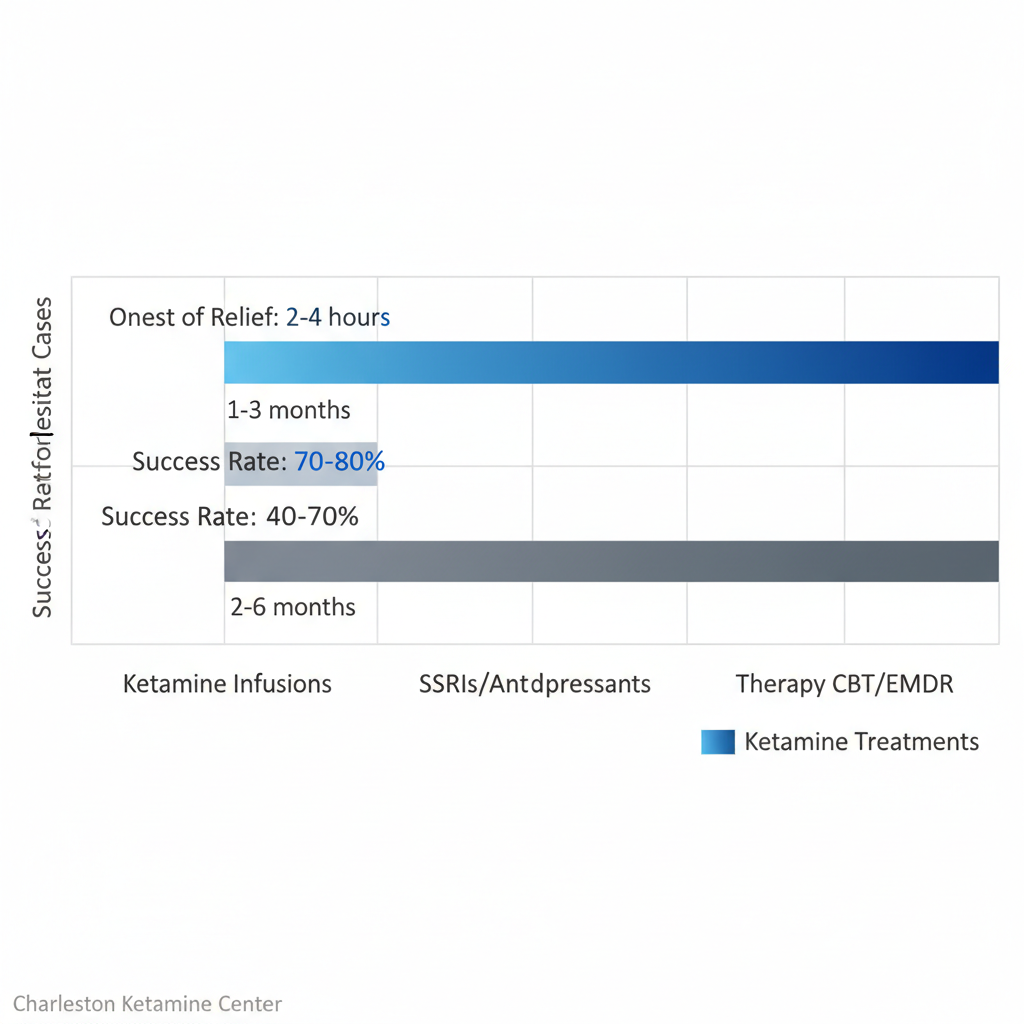
Ketamine vs. traditional treatments for PTSD relief benefits
This visual underscores ketamine's edge in speed, helping patients visualize why it transforms local care.
Long-Term Neural Changes and Mental Health Gains
Beyond quick symptom easing, ketamine fosters synaptogenesis, rebuilding neural connections damaged by trauma. This neural plasticity supports enduring PTSD management, integrating seamlessly with behavioral support available in Mount Pleasant. Studies highlight how these changes reduce suicidal ideation by up to 80% in responsive cases, offering a foundation for lasting resilience.
For instance, a Charleston professional with chronic PTSD found that combined ketamine sessions and local counseling led to sustained emotional regulation months later. The therapy addresses comorbidities, such as overlapping anxiety and depression, where ketamine for depression mechanisms provide dual relief. Benefits encompass:
- Enhanced brain adaptability for better stress processing.
- Lower relapse risk through fortified neural pathways.
- Improved sleep and overall functioning in daily life.
By pairing infusions with community resources, patients achieve comprehensive mental health gains, empowering their journey toward wholeness.
Advantages Over Traditional Charleston Treatments
ketamine therapy for ptsd surpasses many standard interventions in speed and efficacy, particularly for treatment-resistant cases prevalent in South Carolina. While traditional methods require patience, ketamine delivers faster breakthroughs, minimizing suffering for those who've exhausted other avenues. Local access enhances its appeal, with the center's outpatient model fitting busy Charleston lives.
For patients seeking ketamine treatment for ptsd near me, understanding these edges informs smarter choices amid regional mental health challenges.
| Treatment | Onset of Relief | Success Rate for Resistant Cases | Local Access in Charleston |
|---|---|---|---|
| Ketamine Infusions | Hours to days | 70-80% | High at Charleston Ketamine Center |
| SSRIs/Antidepressants | Weeks to months | 40-60% | Widely available via local GPs |
| Therapy (CBT/EMDR) | Weeks | 50-70% | Local therapists in Mount Pleasant |
As evidenced by Mayo Clinic and Northwell data alongside center protocols, ketamine's rapid onset and higher success for resistant PTSD make it ideal for Charleston adults needing urgent intervention. This positions it as a vital option, complementing rather than replacing holistic care, and invites those ready for change to schedule a consultation.
How Ketamine Works for PTSD Treatment
Ketamine offers a promising approach to treating post-traumatic stress disorder by targeting the brain's fear responses in ways traditional therapies often cannot. At Charleston Ketamine Center, this treatment leverages the drug's unique properties to promote rapid symptom relief for local patients dealing with PTSD. Understanding its mechanisms helps demystify why it stands out from conventional antidepressants, particularly for those seeking ketamine charleston sc options.
The Science Behind Ketamine's Effects
Ketamine works primarily by blocking NMDA receptors in the brain, which disrupts the normal flow of glutamate, the main excitatory neurotransmitter. This blockade triggers a surge in glutamate release, activating AMPA receptors and leading to increased production of brain-derived neurotrophic factor, or BDNF. BDNF acts like a fertilizer for neural connections, fostering synaptic growth and enhancing neuroplasticity activation that is often impaired in PTSD.
For individuals with PTSD, this process targets hyperactive fear circuits, essentially unlocking stuck fear memories that replay traumatic events. Unlike standard antidepressants, which may take weeks to show effects by tweaking serotonin or norepinephrine, ketamine for depression parallels reveal quicker impacts through this glutamate modulation, promoting brain repair via infusions. Clinical trials, such as NCT05737693, demonstrate how this rewiring reduces intrusive thoughts and hypervigilance, with preliminary results showing symptom improvement in treatment-resistant cases. This neural rewiring not only alleviates acute PTSD symptoms but also builds resilience against future triggers, offering a fresh pathway to recovery.
Infusion Process at Charleston Ketamine Center
The infusion process for ketamine treatment for PTSD in Charleston, South Carolina follows a structured protocol to ensure safety and efficacy. Patients undergo an initial consultation to assess medical history and suitability, confirming no contraindications like uncontrolled hypertension. Dosing is personalized, typically starting at 0.5 mg/kg body weight, administered via intravenous line over 45 to 60 minutes in a comfortable, supervised setting.
Here are the key steps in the ketamine therapy in Charleston, South Carolina protocol:
- Preparation: Vital signs, including blood pressure and heart rate, are baseline-monitored. An IV is inserted, and the patient reclines in a quiet room with dim lighting to minimize anxiety.
- Infusion Delivery: Ketamine is slowly dripped through the IV, with continuous monitoring by licensed staff who watch for side effects like temporary dissociation or elevated blood pressure. Patients often report mild dream-like sensations, which are normal and subside quickly.
- During Session: Heart rate, oxygen levels, and comfort are checked every 15 minutes. Music or guided imagery may be provided to enhance relaxation.
- Post-Infusion Recovery: The IV is removed after the session, and observation continues for 30-60 minutes until steady. Patients are advised against driving and typically rest briefly.
- Scheduling: A series of six infusions occurs over three weeks, twice weekly, to build cumulative benefits.
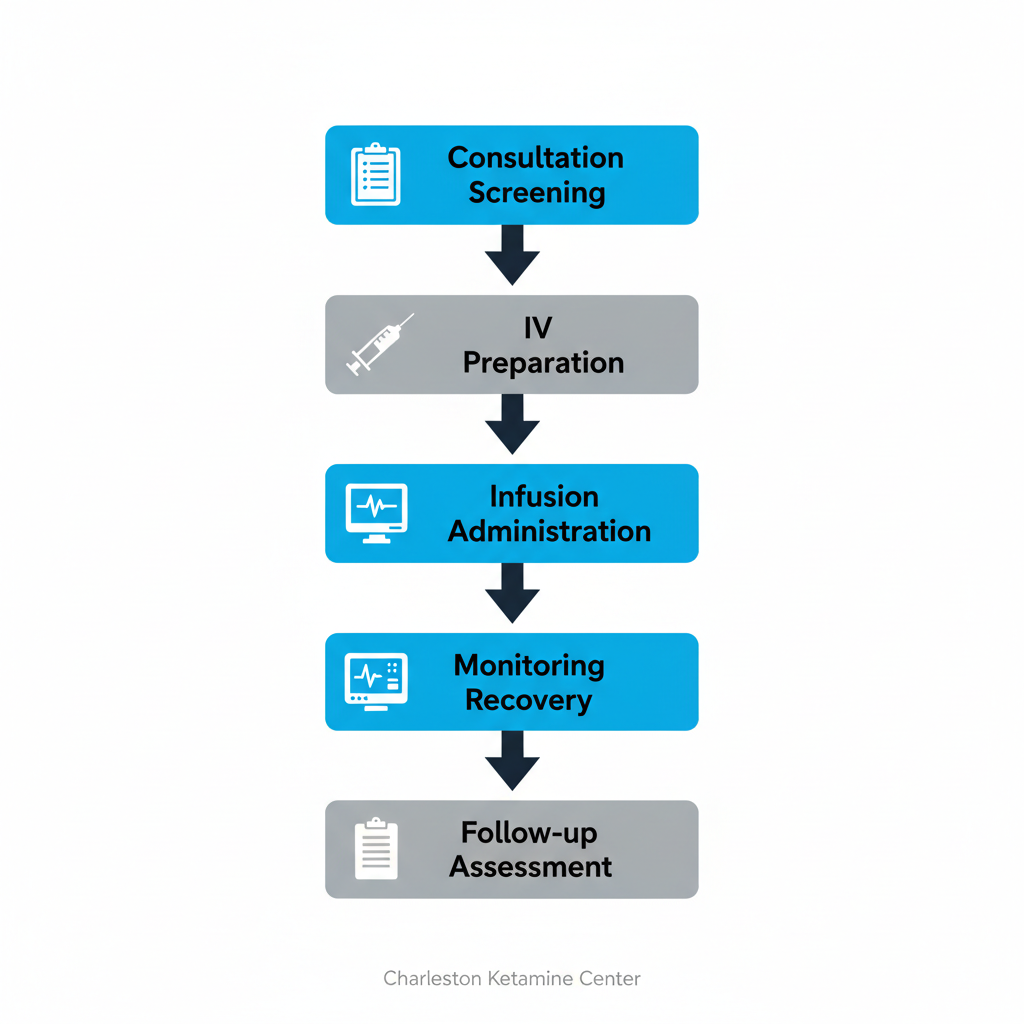
Ketamine infusion process stages for PTSD therapy at Charleston Ketamine Center
The visual outline above illustrates how each stage contributes to a seamless experience, from assessment to aftercare integration.
Expected Outcomes and Monitoring Locally
Short-term outcomes include reduced PTSD symptoms like flashbacks and anxiety within hours to days after the first infusion, with full benefits emerging after the series. Long-term, many patients experience sustained relief for months, supported by neuroplasticity activation that integrates with Charleston-area therapy for ongoing management.
Follow-up includes weekly check-ins and vital monitoring to track progress, as seen in trial NCT05737693 where participants showed lasting improvements. Local integration with therapists ensures comprehensive care, reassuring patients of a supportive path forward.
Best Practices for Ketamine Therapy in Charleston
Ketamine therapy at Charleston Ketamine Center provides targeted relief for conditions like PTSD, with protocols designed for safety and efficacy. Located at 1948 Long Grove Drive #2, Mount Pleasant, South Carolina 29464, the clinic offers supervised infusions under licensed medical oversight. Contact them at (843) 324-6726 for personalized guidance. This section outlines key steps to maximize benefits while integrating local resources.
Preparing for Your First Infusion Locally
Starting ketamine treatment for PTSD in Charleston, South Carolina, begins with a free consultation at the Mount Pleasant clinic. Schedule your initial visit to discuss medical history, undergo screenings for eligibility, and receive a customized plan. Expect a thorough evaluation to ensure safety, including checks for contraindications like uncontrolled hypertension.
Preparation involves fasting for four to six hours before the infusion to minimize nausea risks, as advised in PTSD clinical trials from University of Florida studies. Arrange reliable transportation, as dizziness may occur post-treatment; the clinic recommends a companion for the drive home. What to expect includes a comfortable recliner in a serene setting, with vital signs monitored throughout the 40- to 60-minute iv therapy charleston sc session.
Use this checklist for a smooth start:
- Complete pre-screening forms online.
- Wear loose clothing for IV access.
- Bring a list of current medications.
Local patients appreciate the clinic's emphasis on personalized care, with positive testimonials highlighting reduced anxiety after the first session. This foundational step sets the tone for effective therapy.
Treatment Schedules and Follow-Up Care
Ketamine therapy in Charleston, South Carolina, typically follows an optimized infusion plan of six sessions over three to six weeks for initial PTSD relief. Each infusion promotes neural plasticity, offering rapid symptom reduction compared to traditional methods. Maintenance boosters every one to three months sustain progress, tailored to individual responses.
Follow-up care integrates post-treatment support, such as journaling mood changes and scheduling check-ins with clinic staff. Manage side effects like mild dissociation or elevated blood pressure using Mayo Clinic-recommended strategies, including hydration and rest. Combine infusions with local therapy resources, like Charleston-based cognitive behavioral specialists, for comprehensive healing.
For ongoing management:
- Track symptoms weekly.
- Attend booster sessions as needed.
- Explore complementary South Carolina support groups.
Patients often report enhanced daily functioning, with the clinic's protocols fostering long-term resilience.
Insurance, Costs, and Local Accessibility
Ketamine infusions remain largely self-pay at Charleston Ketamine Center, with transparent pricing of $400 to $600 per session, reflecting precision dosing without insurance coverage for off-label PTSD use. Financing options like payment plans ease barriers for metro area residents. Free consultations help assess affordability upfront.
Local accessibility shines through the Mount Pleasant location, just minutes from downtown Charleston, accommodating busy schedules with flexible appointments. Address common hurdles by verifying out-of-pocket costs against potential benefits, especially for treatment-resistant cases. Reviews praise the value, noting quicker recovery justifies the investment.
FAQ snippet: Does insurance cover ketamine for PTSD? Currently, no major plans do, but discuss HSA eligibility. How to get started? Call (843) 324-6726 for your free eval.
When choosing treatments, consider lifestyle fit: rapid interventions suit acute needs, while ongoing options align with routine care. The following table compares schedules and costs for PTSD management in the Charleston area:
| Option | Schedule | Cost Estimate (Local) | Insurance Coverage |
|---|---|---|---|
| Ketamine Series at CKC | 6 infusions over 3 weeks | $400-600 per session | Typically not covered; self-pay |
| Ongoing Antidepressants | Daily indefinite | $20-100/month | Often covered |
| Weekly Therapy | Ongoing sessions | $100-200/session | Partial coverage possible |
Ketamine stands out for its speed in crisis relief, ideal for those seeking alternatives to daily pills, though higher upfront costs require planning. Data from clinic pricing and Mayo Clinic insights underscore its role in personalized PTSD care, empowering Charleston patients with informed choices.
Finding PTSD Relief with Ketamine in Charleston
Ketamine treatment for PTSD in Charleston, South Carolina, offers hope for those seeking rapid relief from trauma's grip. Throughout this guide, we've explored how ketamine therapy in Charleston, South Carolina, promotes neural repair and synaptogenesis, delivering antidepressant effects faster than traditional options, including benefits for ketamine for depression. Local innovations in mental health, like those at Charleston Ketamine Center and charleston ketamine therapy, address treatment-resistant cases with precision dosing under medical supervision. Patients often experience transformative outcomes, as evidenced by clinical trials such as NCT05737693, which underscore ketamine's role in rewiring trauma responses for lasting local trauma healing.
At Charleston Ketamine Center in Mount Pleasant, Dr. Dan Ripley's expertise ensures safe, personalized care at 1948 Long Grove Drive #2, Mount Pleasant, South Carolina 29464. Common concerns about side effects are mitigated through supervised infusions, with Wexner Medical emphasizing its low-risk profile when administered properly--typically involving mild dissociation resolved quickly post-treatment. Costs vary by protocol but start accessibly, often covered partially by flexible financing. Integrating ketamine with aesthetics services fosters holistic wellness, enhancing both mind and appearance.
Ready for relief? Schedule your free consultation today by calling (843) 324-6726 or emailing coastalketaminechs@gmail.com. Embrace Charleston's mental health advancements and step toward renewed life.
